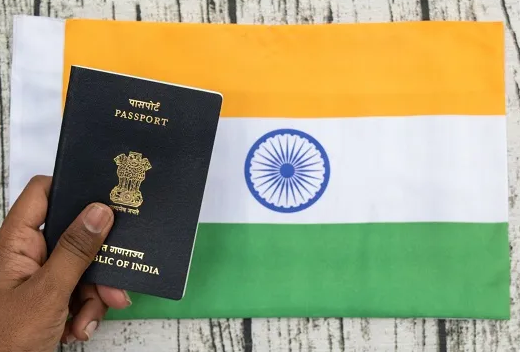Buddy Hive
3 min read · Jan 11, 2025
As an NRI (Non-Resident Indian), visiting India is often a whirlwind of emotions, family reunions, and packed schedules. However, amidst the festivities and catch-ups, it’s crucial to dedicate some time to your financial wellbeing. Addressing your financial responsibilities in India during your visit ensures you avoid procrastination and eliminates potential stress down the line.

Here’s a handy checklist to help you cover all the essential financial updates and tasks:
1. Bank Accounts
-
Convert Existing Savings Accounts to NRO
Savings accounts in India must be converted into Non-Resident Ordinary (NRO) accounts to comply with RBI regulations. This allows you to manage income generated in India, such as rent, dividends, or pension, seamlessly. -
Consider Opening NRE Accounts
If you have foreign income to remit to India, an NRE (Non-Resident External) account is ideal. It’s tax-free and allows easy repatriation of funds abroad. -
Close Unused Accounts
Simplify your financial portfolio by closing dormant or unwanted bank accounts.
2. Update KYC & Status
-
Mutual Funds
Ensure your mutual fund accounts reflect your updated NRI status. This update is essential for compliance and smooth transactions. -
Demat Accounts
Convert your resident Demat account to an NRO Demat account to continue trading seamlessly under the NRI category.
3. Insurance Policies
-
Life and Health Insurance
- Check and update policies for yourself, your spouse, and children.
- Extend coverage to parents or parents-in-law if needed.
- If you have plans to settle back in India, consider a term plan or enhanced health coverage.
-
Status Updates
Update your policies to reflect your NRI status to ensure transparency and accurate claims processing.
4. Nominee Updates
Nominee information is critical for:
- Bank Accounts
- Mutual Funds and Demat Accounts
- Insurance Policies (LIC, ULIP, or Term Plans)
Double-check that the right people are listed as nominees to avoid legal complications in the future.
5. Aadhaar Card
If your NRI children don’t have an Aadhaar card, now is the time to apply. For NRIs staying abroad for long durations, having Aadhaar is increasingly essential for linking with financial and government services.
6. Miscellaneous
-
Update Contact Information
Update your Indian mobile number and email across all investments and financial institutions. If you’re using an international number, ensure the institutions can accommodate it. -
Postpaid Indian SIM
If you’ve been relying on temporary Indian SIM cards, consider maintaining a postpaid connection for banking and other OTP-dependent services.
Key Notes to Remember
- NRI Demat accounts must be converted to NRO Demat accounts as per regulations. This process can be complex, so prioritize this task early.
- Plan for adequate life insurance coverage if you’re considering retirement or a longer stay in India.
- Update all bank and investment accounts with your latest NRI KYC details to avoid any freeze or suspension of services.
By taking care of these tasks during your visit, you can ensure your financial affairs in India are in order. It’s a small effort that goes a long way in simplifying your financial management, allowing you to focus on what truly matters — your time with loved ones.